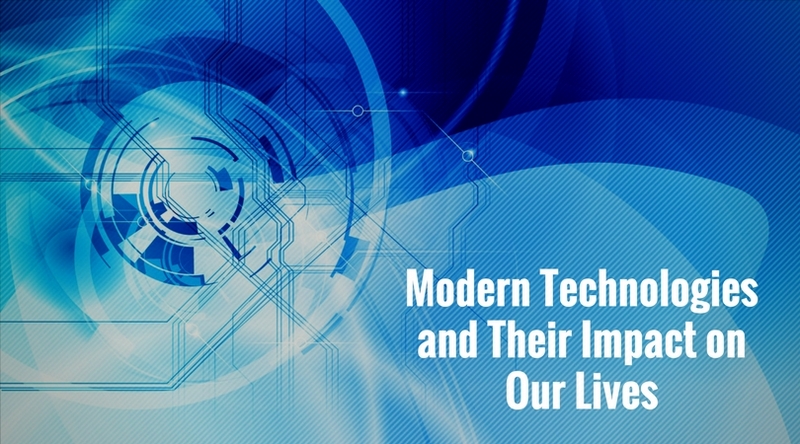Modern technologies quickly entered our life and became its integral part. Very few people live without a computer, a smartphone, and even without the Internet, in which we communicate, work and have fun. And we do not see anything wrong about it, and most people do not even think about how all these high technologies will change our lives in the near future. How do they affect our brain? In general, can we now live without them?
How Has Technology Changed Our Lives?

If you go back a bit to the past, let’s say 10 years ago, the Internet and smartphones were a curiosity, although the above questions were also present. But there were no such questions whether it is worthwhile to ban online games? Now many parents and teachers are against children playing in online games because they think that they have a bad influence on the psyche of children. Yes, we can agree with this, in the network you can find a lot of videos due to which children may inadequately, commit suicides, and criminal offenses. But there is another side, which develops vigilance, communication, the ability to work in a team. Online games, like casinos, can be banned, but then there will appear underground gambling clubs.
Modern phones also support Internet connection, which not only allows you to stay in touch 24 hours a day but also to know everything and even buy goods online (even medication at online pharmacies). You just need to have a WI-FI. Also, our phones have become our personal secretaries who will wake us up at the right time, remind us of the birthday of friends, an important meeting, use the services of Canadian pharmacy, even work with documents in an office can be done on a modern smartphone. This suggests that we are not degrading. Any first word we hear can be viewed in the encyclopedia at your fingertips, and it will take less than a minute. In addition, thanks to modern technology, we can let our child walk without worrying about them, as his mobile shows his location. Yes, and you yourself can easily find the right way when getting to an unknown location, it’s enough just to have a phone near you.
Cinema has been around for a long time. But modern technology changed its image as well. Modern technology “3D” gives a lot of impressions from watching the movie. The same pleasures can be obtained not only in the cinema but also at home, as modern TVs are equipped with a 3D function.
Modern technologies quickly broke into our lives and changed them. No doubt, they develop us. People get used to good things quickly, and we no longer imagine our life without starting the morning by checking mail, voice messages. And for some people, the Internet is his whole life because only there he has friends, and only there he can share his thoughts.
